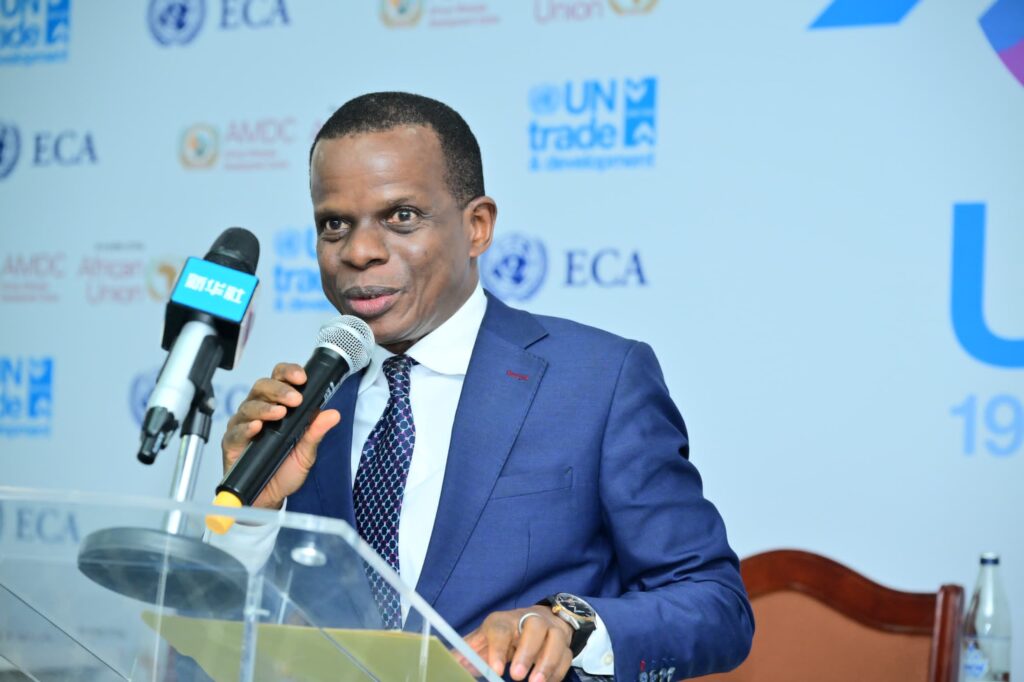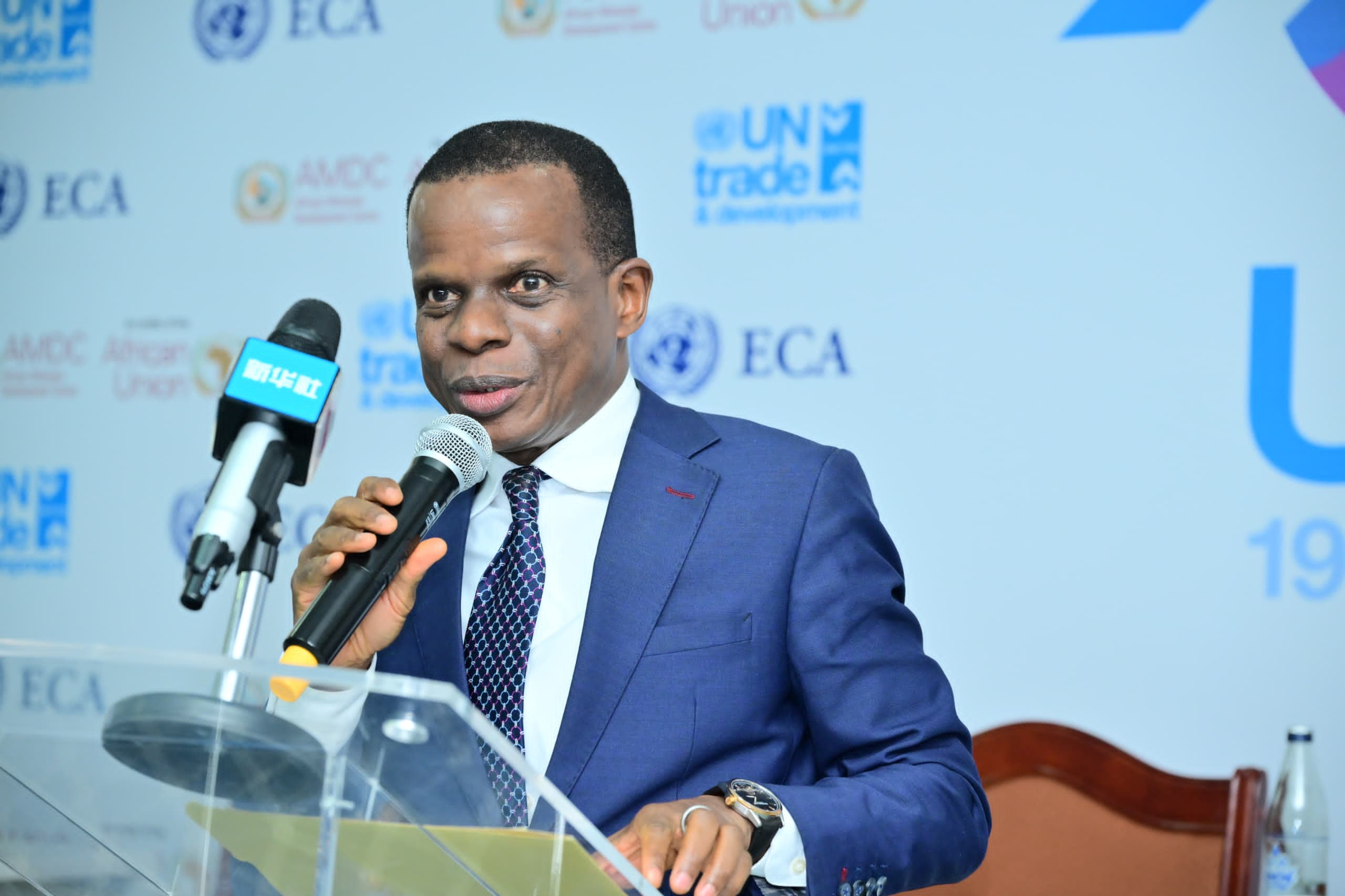By Baboloki Semele: In a pivotal discussion on Africa’s role in the global energy transition, Antonio Pedro, Deputy Executive Secretary of the United Nations Economic Commission for Africa (ECA), underscored the critical need for transparent and fair-trade practices to ensure a just energy transition across the continent. Speaking at an African Consultative Webinar on Critical Energy Transition Minerals and the UN Global Framework on Just Energy Transitions held in Addis Ababa, Ethiopia, Pedro highlighted the urgency for Africa to cultivate a competitive mineral resource development environment that can capitalize on fluctuating mineral prices, especially as technological advancements continue to shape the future.
Pedro emphasized the importance of value addition and beneficiation in the mineral sector, urging African countries to curb the export of unfinished mineral products. “African countries need to enhance the domestic footprint of the Critical Energy Transition Minerals (CETMs) sector,” he stated, noting that by moving up the value chain, nations can reap significantly higher rewards from their mineral resources.
The webinar brought together officials and experts from governments, civil society, and other regional stakeholders to discuss the continent’s progress and challenges in this domain. While acknowledging advancements in governance, Pedro pointed out that significant hurdles remain in areas such as taxation, value addition, and the strengthening of economic linkages. He also drew attention to the multifaceted environmental, social, and geopolitical challenges posed by mineral exploitation.
Africa’s rich deposits of critical minerals—such as cobalt, manganese, lithium, nickel, copper, and graphite—position the continent as a pivotal player in the global clean energy supply chain. Pedro highlighted the immense potential of these resources to generate sustainable jobs, diversify economies, and dramatically boost revenues that can support broader development and transformation across Africa.
Angela Kariuki, Legal Officer at the United Nations Environment Programme (UNEP), presented the efforts of the UN Secretary-General’s Group on Critical Minerals for the Energy Transition. She discussed the UN Global Framework on Just Transitions, which aims to support countries in harnessing the economic potential of critical energy minerals while minimizing environmental and social risks. “Key principles of the framework include assessing and managing nature and social-related risks, protecting local communities, and promoting circularity in value chains,” Kariuki emphasized, stressing the need to protect both people and the planet.
Clovis Freire, Economic Affairs Officer at the United Nations Conference on Trade and Development (UNCTAD), highlighted the essential role of transparency and fair trade in achieving a successful energy transition. “Trust is crucial for a successful transition, and there is a need for communication and collaboration among stakeholders,” Freire stated, calling for stronger cooperation to build a sustainable future.
John Sloan, Economic Affairs Officer at the ECA, further explored the regional context of the UN’s work in the extractive industries sector. He underscored the potential for mineral-based development to drive economic transformation in Africa, given the region’s vast mineral endowments. Sloan urged governments, the private sector, and civil society to focus on value addition and job creation in the mining industry, particularly in the face of rapid technological changes that demand global policy stability. He highlighted ongoing ECA initiatives to support battery and battery component manufacturing in countries like the Democratic Republic of Congo (DRC) and Zambia.
The panel discussion also featured insights from Nellie Mutemeri of the University of the Witwatersrand, who emphasized the need for sustainable mining practices in Africa, particularly in the artisanal and small-scale mining sectors. Mutemeri pointed out that these sectors provide vital livelihoods for millions, especially women and youth, but also face challenges such as a lack of transparency and accountability, leading to unequal benefit sharing and adverse impacts on vulnerable groups.
Gloria Magombo, Permanent Secretary for Energy and Energy Development in Zimbabwe, reinforced the call for value addition before exporting minerals. She emphasized that mandatory value addition is crucial to maximizing the benefits derived from Africa’s rich mineral resources, ensuring that the continent fully capitalizes on its natural wealth.
As Africa stands at the forefront of the global energy transition, the need for transparent, fair, and sustainable practices in the exploitation of critical minerals cannot be overstated. The discussions at this webinar mark a significant step forward in aligning Africa’s mineral wealth with its broader development goals, paving the way for a just and equitable future for the continent.

